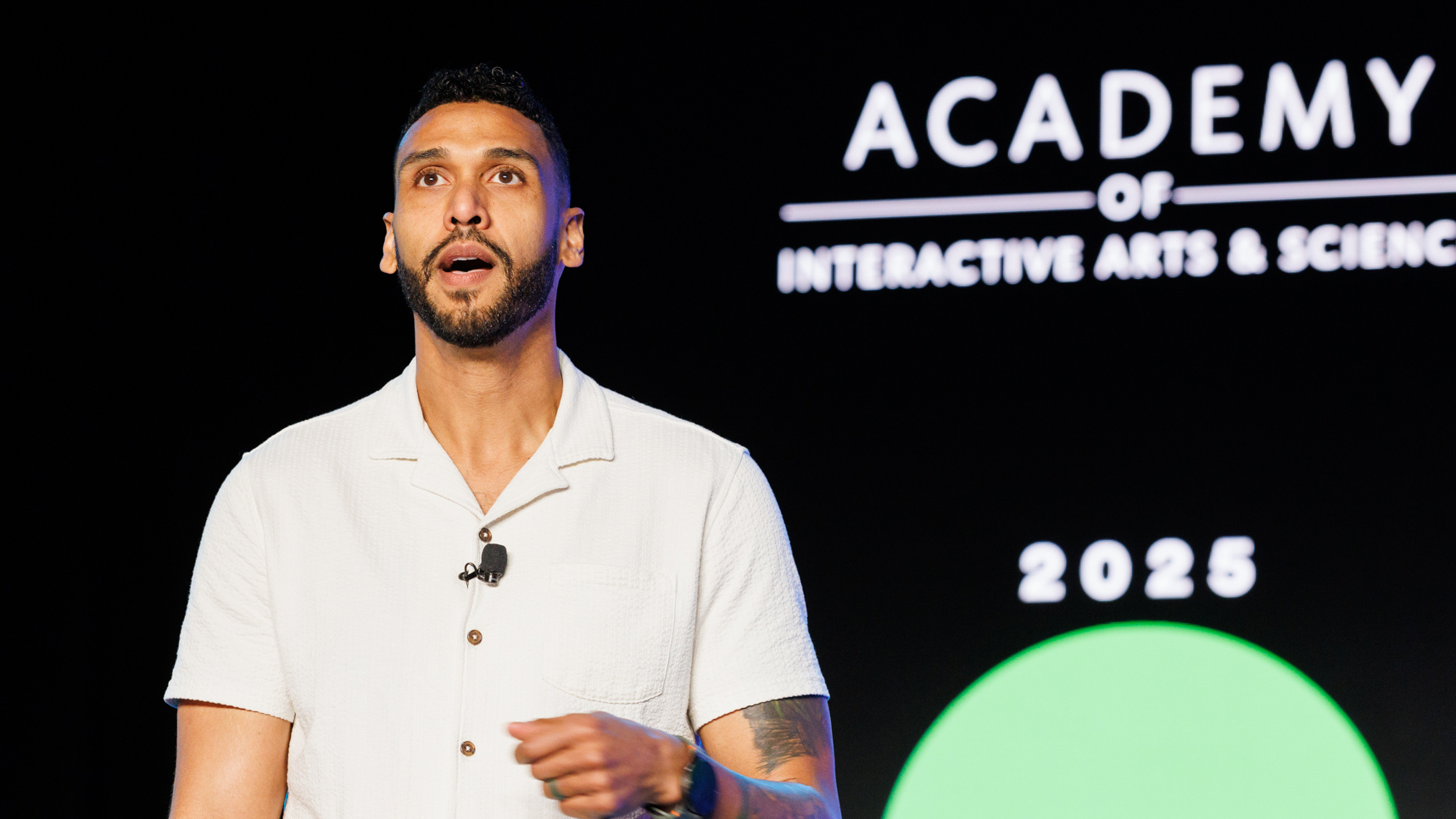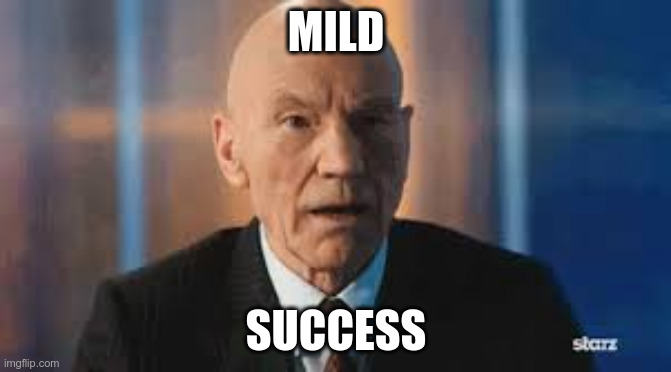LectureMaster
Has Man Musk

Obsidian says it won't chase huge profits or grow aggressively, and that's how it's going to last 100 years in the RPG business: 'Are we serious? Yes'
The Avowed studio expects each game to be a "mild success" and budgets accordingly, say company leaders who want it to reach its 100th birthday.
The Avowed studio expects each game to be a "mild success" and budgets accordingly, say company leaders who want it to reach its 100th birthday.
In a talk at this week's D.I.C.E. Summit, an industry conference whose theme this year is sustainability, Obsidian Entertainment VP of operations Marcus Morgan and VP of development Justin Britch said they want the Fallout: New Vegas, Pillars of Eternity, and most recently Avowed studio to make it to its 100th birthday. Obsidian is 22 years old now, so that's 78 to go, and the VPs think it can get there by staying lean, holding onto talent, setting realistic sales expectations, and not going all-in on delivering huge profits.
Obsidian's 100-year plan isn't—and I hope this isn't too disappointing—a decade-by-decade breakdown of future projects that ends somewhere around Fallout: Old Vegas (I'm assuming that pre-apocalyptic settings are popular in 2103). It's more of a thought exercise, but Morgan and Britch said that they genuinely want Obsidian to continue beyond their lifespans. "Are we serious? … Yes," said Morgan. And why not? Nintendo was founded in 1889.
One of the pillars of the plan is staying "lean and invested," meaning small enough that none of Obsidian's employees feel like a cog in a machine. Morgan and Britch said that in recent years they'd been considering opening multiple international offices, but in the end decided to partner with existing studios rather than risk weakening Obsidian's culture by getting too big.
Leanness can also refer to Obsidian's games: It doesn't aim for unprecedented scale or the most advanced graphics, and before it greenlights a game, Britch says the studio spends a lot of time determining how much to invest in the project with the assumption that it will be a "mild success," not a smash hit.
Obsidian has released three games in the 2020s so far: survival game Grounded (we reviewed it positively), narrative adventure game Pentiment (we reviewed it positively), and now Avowed (another good one). Some studios don't even announce a new game in that amount of time.
Among other things not mentioned here, Morgan and Britch's plan includes building institutional knowledge by aiming for "the lowest turnover rate in the industry" and continuing to release the kinds of games they're known for (player freedom, worldbuilding, all of that) at a consistent pace, "not rushed, but often."
Britch described his vision for Obsidian as a 1973 VW bus with a trunk full of tools and a manual that's being continuously annotated, and summed up the plan by saying that Obsidian is more or less going to keep doing what it's been doing, "not trying to grow aggressively, expand our team size, or make super profitable games." It's aiming for somewhat profitable games, then, made well and at a consistent pace.
[/HR]








